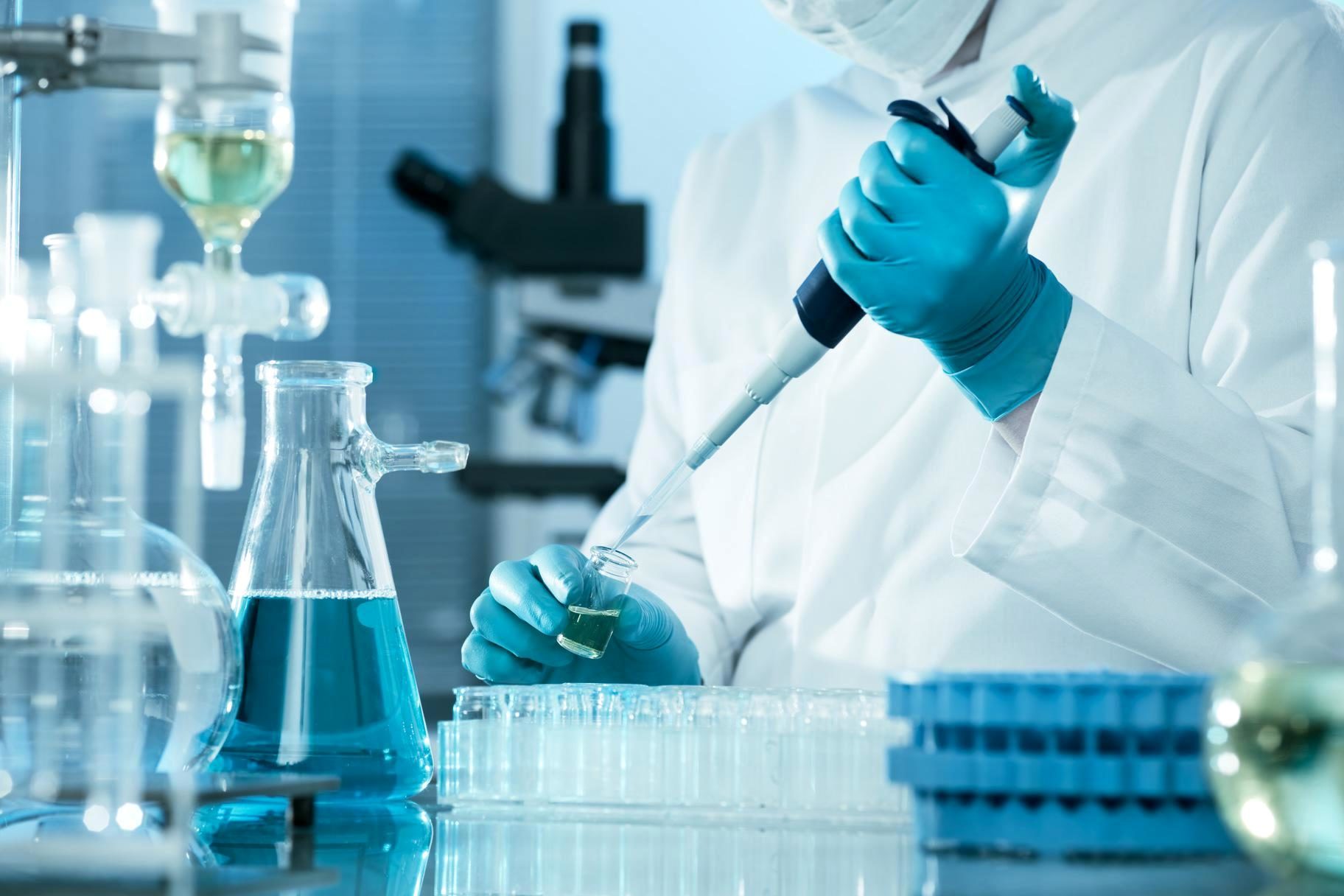JIS K7110 Impact Resistance of Plastics Chemical Safety Testing
The JIS K7110 standard is a crucial guideline in Japan for assessing the impact resistance of plastics. This test evaluates how well a plastic material can withstand sudden impacts without breaking or deforming beyond acceptable limits. The primary objective is to ensure that materials used in automotive applications, where safety and durability are paramount, meet stringent standards.
The test involves dropping a pendulum onto a specimen cut from the plastic sample. The pendulum's energy upon impact measures the material’s resistance against sudden forces. This method provides insights into how well the plastic will perform under real-world conditions such as road debris impacts or accidents. Compliance with JIS K7110 is essential for manufacturers aiming to meet local and international automotive industry standards.
The testing process is intricate, involving precise specimen preparation and standardized environmental controls. Specimens must be cut into specific dimensions, ensuring homogeneity throughout the sample. The test apparatus includes a pendulum that can deliver controlled impact energies across various settings, allowing for comprehensive evaluation of different plastic formulations.
Acceptance criteria in JIS K7110 are stringent, with defined limits on the maximum allowable deformation and fracture without compromising structural integrity. Compliance ensures that automotive components made from these plastics will perform reliably under expected stress scenarios. This is critical given the high stakes involved in automotive safety, where even minor defects could lead to catastrophic failures.
The test is not only a regulatory requirement but also a key factor in product development and quality assurance processes. By rigorously testing materials during R&D phases, manufacturers can identify potential weaknesses early on and make necessary adjustments before mass production begins. This proactive approach helps minimize costs associated with recalls and improves overall product reliability.
Compliance with JIS K7110 is recognized globally within the automotive industry as a benchmark for quality assurance. It serves as evidence that materials used in manufacturing meet rigorous standards, thereby enhancing consumer trust and safety. The test results can be referenced during procurement processes to ensure suppliers deliver high-quality raw materials.
Understanding the nuances of JIS K7110 is crucial for those involved in automotive testing. Quality managers need to stay updated on these standards to ensure their teams are performing tests accurately according to specified criteria. Compliance officers must understand the implications of non-compliance, which can lead to legal consequences and reputational damage.
R&D engineers benefit from familiarity with JIS K7110 as it allows them to design products that meet both local and international safety standards. Procurement professionals should also be aware of this standard to ensure they source materials from reputable suppliers who adhere to these stringent requirements.
Customer Impact and Satisfaction
- Enhanced Safety: Compliance with JIS K7110 ensures that automotive components are robust enough to withstand potential impacts, reducing the risk of accidents or injuries.
- Better Quality Assurance: Rigorous testing helps manufacturers identify and rectify defects early in the production cycle, leading to higher-quality products.
- Increased Consumer Trust: Meeting international standards like JIS K7110 builds confidence among consumers about the safety and reliability of automotive parts they purchase.
- Competitive Advantage: Adhering to these stringent standards can set a company apart in competitive markets, as it demonstrates a commitment to excellence.
The impact of JIS K7110 is profound across various stakeholders involved in the automotive industry. Suppliers who meet this standard enjoy increased trust from buyers and enhanced brand reputation. Manufacturers benefit from reduced risk of product recall and improved customer satisfaction. Ultimately, consumers receive safer vehicles that have undergone thorough testing.
International Acceptance and Recognition
The JIS K7110 standard is widely recognized not only within Japan but also internationally for its stringent requirements on impact resistance of plastics used in automotive applications. Many countries reference or incorporate elements from this standard into their own regulations, reflecting its global significance.
Compliance with JIS K7110 is often a prerequisite for market access in Japan and other parts of Asia. It ensures that imported automotive components meet local safety standards, thereby facilitating smoother trade processes. This recognition highlights the importance of adhering to this standard across borders.
The international acceptance of JIS K7110 underscores its role as a benchmark for quality assurance. Its influence extends beyond mere compliance; it serves as a guiding principle that promotes innovation and excellence in automotive component manufacturing worldwide. By setting high standards, this standard encourages continuous improvement and pushes manufacturers to innovate continuously.
Use Cases and Application Examples
| Use Case | Description |
|---|---|
| Automotive Exterior Parts | Evaluation of bumpers, grilles, and other exterior components that come into contact with road debris. |
| Interior Trim Panels | Testing door panels, dashboards, and other trim elements exposed to frequent impacts from occupants or objects. |
| Structural Components | Evaluation of beams, pillars, and other load-bearing components that must resist significant forces during collisions. |
| Connectors and Wiring Harnesses | Assessment of connectors and wiring harnesses to ensure they can withstand vibrations and impacts without failure. |
The application of JIS K7110 is extensive, covering various aspects of automotive design. By evaluating materials used in these components, manufacturers can ensure their durability and safety under real-world conditions. This testing process helps identify potential weaknesses early on, allowing for necessary adjustments before mass production.





